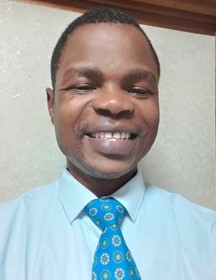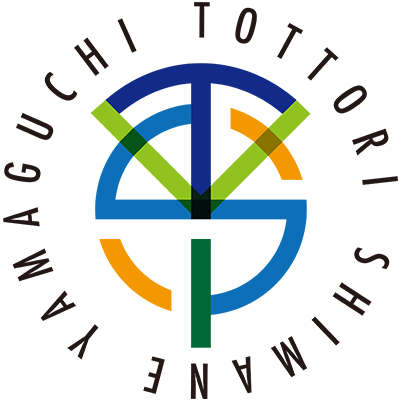
STUDENTS:John Seye OLANREWAJU
Name of United Graduate School of Agricultural Sciences:Tottori University
Assigned university:Shimane university
Specialized field:Soil and Ecological Engineering/Recycling of Agricultural Wastes
Research Theme:
• Optimization of Designed Biochar Properties for Agricultural Uses
• Studies of Silica Release from Designed Biochar from Agricultural Residues
• Recycling of Agricultural Wastes and Residues
• Circular Economy in Agricultural production
• Paddy Soil Improvement in Developing countries
Obtained (planned) degree/date:Doctor of Philosophy Ph.D (Agriculture) – In View March 2024 (Scheduled)
Message
Agricultural wastes and residues have been considered as a sustainable environmental resource if well managed, but the management methods are a challenge in different parts of the world. I am broadly interested in the management of these sustainable environmental resources to create a sustainable environment and economy for agricultural production in developing countries.
I have been involved in Research related to agricultural mechanization, ecological engineering, recycling of agricultural wastes for agricultural soil improvement. I have also been involved in the extension and dissemination of Japanese agricultural technology known as Sawah Eco-technology. My doctoral research work focuses on developing a method of optimizing the available nutrients derivable from pyrolyzed agricultural residues and its application to agricultural soils for higher and sustainable yield in developing countries. I would like to get a job or position where I can contribute in carrying out research and contribute to the “designing of a sustainable agricultural system that integrate human society with its natural environment for the benefit of both”.
Qualification: B.Sc. (Chemical Engineering), M. Sc. (Environmental Sc.), Research Engineer
Laboratory: http://www.ipc.shimane-u.ac.jp/ecotech-soil/index.html
Publications:
- Nwajiaku I.M., Olanrewaju J. S., Sato K., Tokunari T., Kitano S. and Masunaga T. Change in nutrient composition of biochar from rice husk and sugarcane bagasse at varying pyrolytic temperatures. International Journal of Recycling of Organic Waste in Agriculture, 7(4), 269-276, 2018 (Aug. 2018 online, Dec. 2018 printed), doi: 10.1007/s40093-018-0213-y
- Olanrewaju J.S. (2011). “Development of Basic Skills for Sawah Eco-technology for Rice Production” JCBP, International Cooperation Centre for Agricultural Education (ICCAE), Nagoya University, Japan., Pgs 243-250
- Olanrewaju, J.S. Dada-Joel O.T, Onyemize, U.C., Fagbenja, M.A Ademiluyi Y.S. and T. Wakatsuki. (2011): Challenges and Prospects of Youth Involvement in Sawah Rice Farming in Nigeria. Paper published in the proceedings of the 1st International Workshop on Sawah Eco-technology and Rice Farming (SERIF) in Sub-Saharan Africa’, 22-24 November, 2011, Kumasi, GHANA. Pgs 195-200
